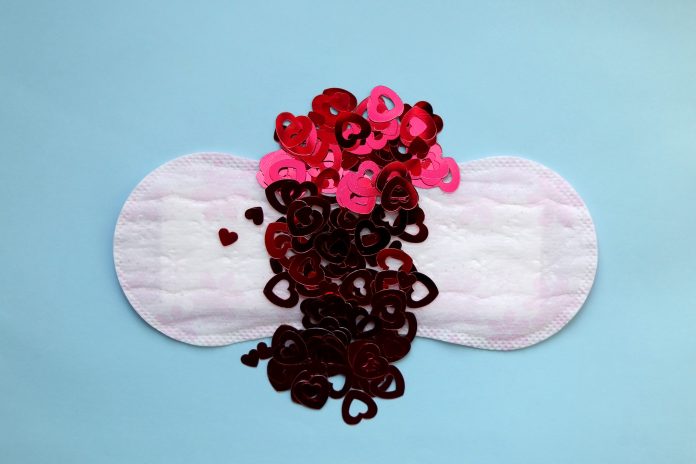The new budget released by Chancellor Rishi Sunak has abolished the controversial 5% UK tampon tax
Chancellor Rishi Sunak declared today (11 March) that the tampon tax applied to period products will now be lifted. He attributed the change in tax to the difference in regulations after Brexit.
The Government wrote:
“Now that the UK has left the EU, it can reduce the cost of essential sanitary products for women in the UK. From 1 January 2021, the tampon tax will be abolished through the application of a zero rate of VAT on women’s sanitary products.”
What is the tampon tax?
The existence of period poverty throughout the UK has been a growing focus of campaigners and some MPs during the last few years. Penny Mordaunt allocated significant funding for period poverty as part of her international development work, whilst establishing a task force to face the situation within the UK – however, austerity continued to increase the lived reality of period poverty here.
The occurrence of a period still comes with a strong side of stigma, both globally and in the UK. There is a worrying lack of full sex education, including raising children without the internalised shame that can hold them back in life. Period poverty is the inability to afford tampons, pads, or other materials – most of which need to be changed several times a day, resulting in an expense that could compete with buying food or paying for electricity.
In many parts of the world, a girl’s first period still marks her readiness for marriage and childbearing, driving child marriage, teenage pregnancy and educational drop-out. A survey from Plan UK in 2017 found schoolgirls were skipping school due to being unable to afford sanitary products.
Before the announcement, period products were being taxed at 5%. For reference, gambling duties are currently 10% for Bingo, and 5% for some quiz machines. The ‘sin tax’ on most alcohol and tobacco is a standard 20%. These tax measures are implemented to discourage destructive behaviours and improve health, which means that the former percentage was simply taxing the existence of the womb.
It is widely accepted that no-one can or should stop their period to participate in all the opportunities they can access. This line of thinking prevailed in the lobbying of the Scottish Government by campaigners and MSP Monica Lennon, resulting in majority support for a bill to abolish period poverty – with such force that initial opposition from some politicians who had formerly promised to vote against the Bill was changed.
What will happen now?
The tampon tax is due to be removed as of January, 2021. Until then, the current government will be expected to tackle period poverty as it currently stands, the ongoing fear of a coronavirus pandemic and the expectation of comfortable trade deals with the EU, to name a few things.
Laura Coryton is the campaigner who started Stop Taxing Periods in May 2014, circulating support with a petition that gained over 320,000 signatures.
She won a major victory in March 2016, when Chancellor George Osborne pledged to exempt menstrual products from sales tax – but the EU law change that needed to happen, has only recently changed with the legal implementation of Brexit.
She commented:
“The end of this tax symbolises the end of a symptom of sexism and the period taboo, which has created period poverty and has stopped girls from going to school.
“I’m so happy that all 320,000 people who signed my petition, as well as the many generations who have campaigned against this tax, have finally been listened to.”











